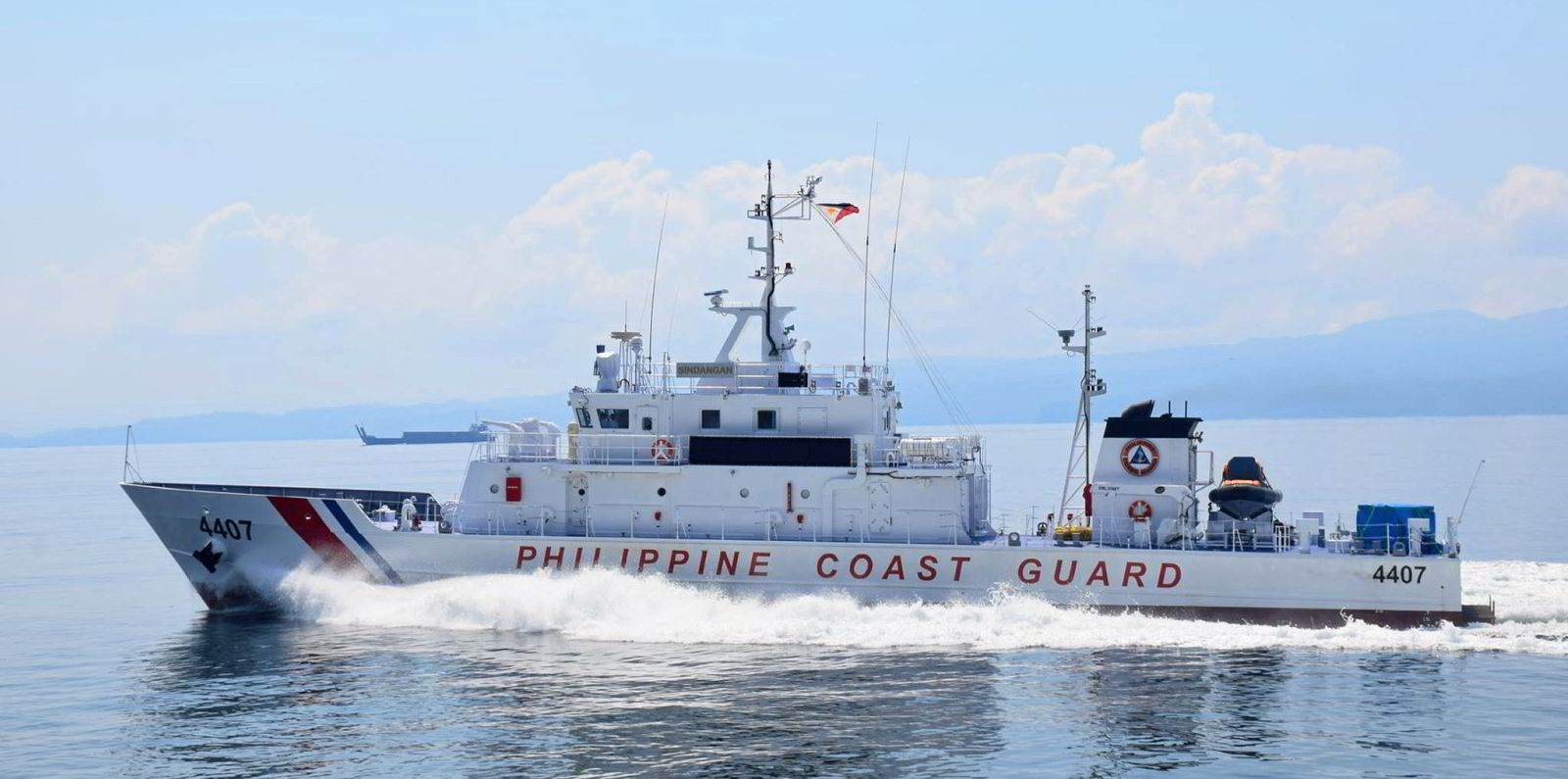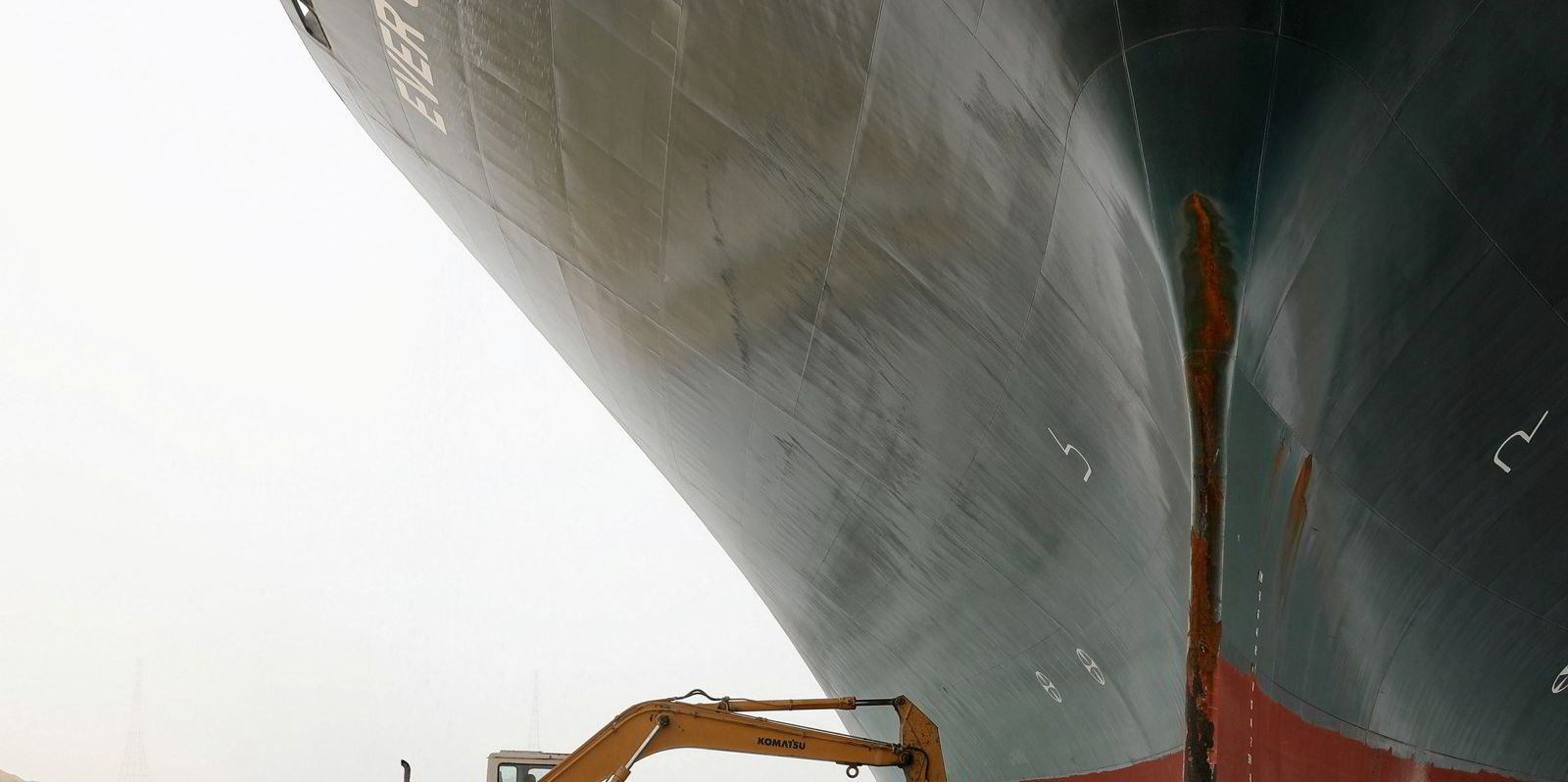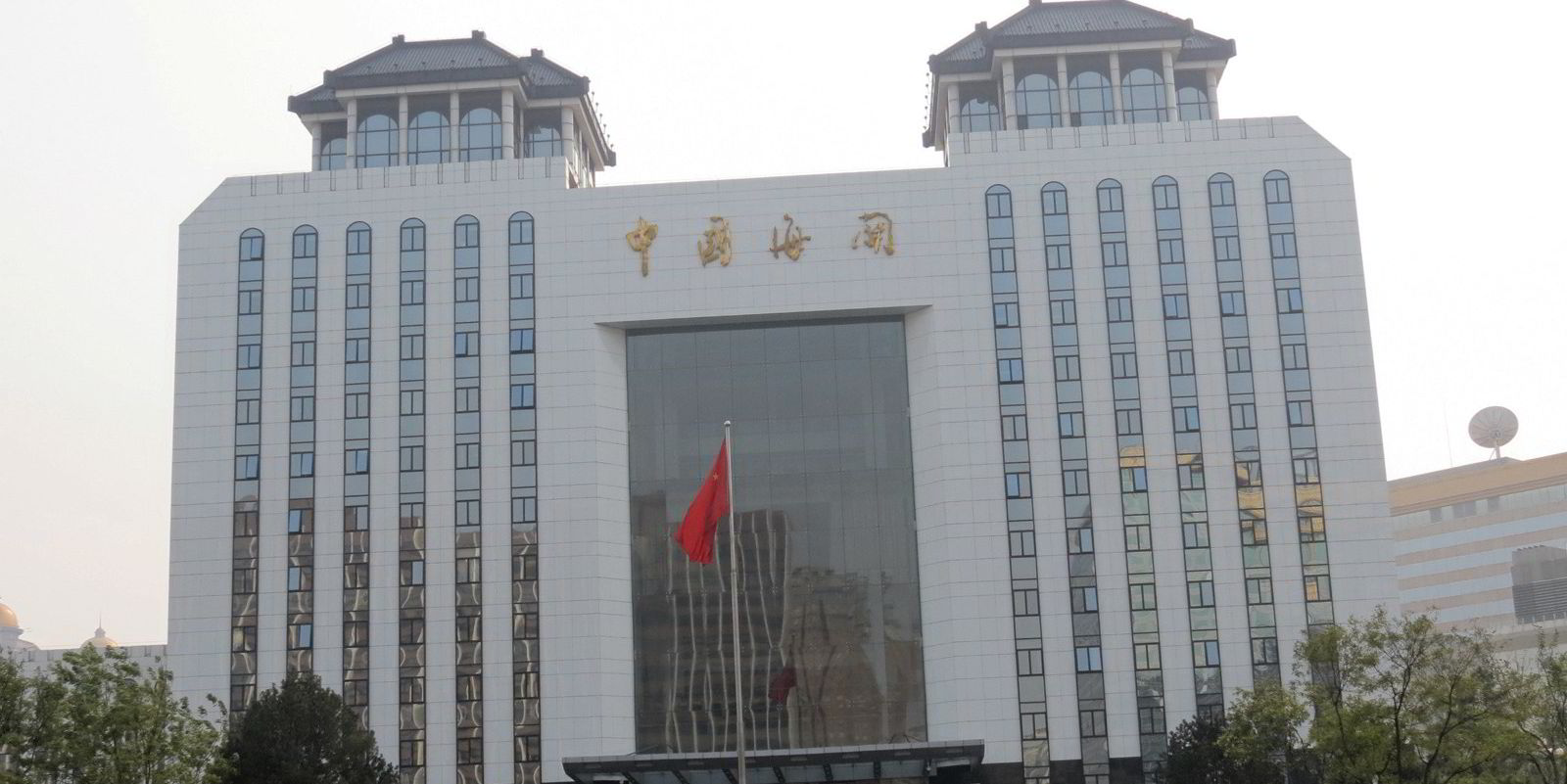China has imposed the so-called “circuit-breaker” measures to block foreign crew changes, with a total of 438 vessels operated by 18 shipping companies being affected.
The world’s largest seaborne trading nation has tightened immigration control amid renewed Covid-19 outbreaks across the country in recent weeks.
“We have strict measures regarding foreign crew exchanges, pointed at the seafarers from the pandemic hotspots,” Li Huaqiang, deputy director of the Chinese transport ministry's transport department, said in a recent press conference.
“We are working with the customs and the immigration authority on the circuit breakers in China. Up until 3 August, we have had four rounds of such measures. In total, we have suspended the exchanges of foreign crew members aboard 438 ships of 18 shipping firms.”
Li did not specify which vessels or companies were affected.
It is not known whether the outfits were planning crew changes in China. Not many foreign crew changes have taken place in the country in recent quarters due to China's immigration policy.
In July, the Chinese government slapped foreign crew-change bans of up to 30 days on nine ship managers after it detected a number of coronavirus outbreaks among crew.
The bans, which ranged between 15 and 30 days, were applied to a total of 302 ships operated by the nine named companies, including vessels managed by TW Ship Management, Bernhard Schulte Shipmanagement Hong Kong, Navios Tanker Management, Technomar Shipping and Shanghai Dingheng Shipping Technology.
Some bans have already expired, while the others are due to expire on Thursday.
With the coronavirus’ highly transmissible Delta variant rampaging though many parts of the world, some national governments have again imposed strict restrictions on their borders.
Shipping bodies have expressed concerns over this emerging trend, suggesting that seafarers should be widely granted with the key-worker status to facilitate more crew changes.
Hundreds of thousands of seafarers are estimated to have worked beyond their employment contracts due to the difficulty in travelling during the pandemic.
Nitin Chopra, Allianz Global Corporate & Specialty senior marine risk consultant, said: “Timely crew changes are vital to the safe operation of shipping, and seafarers spending extended periods on board are more at risk of mental health issues, exhaustion, fatigue, anxiety and mental stress.
“There needs to be a global collaborative effort to get crews off ships. But the industry also may need to take measures to give crew some respite, such as adjustments to working hours.”







